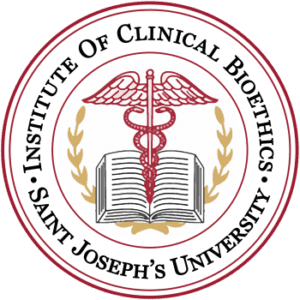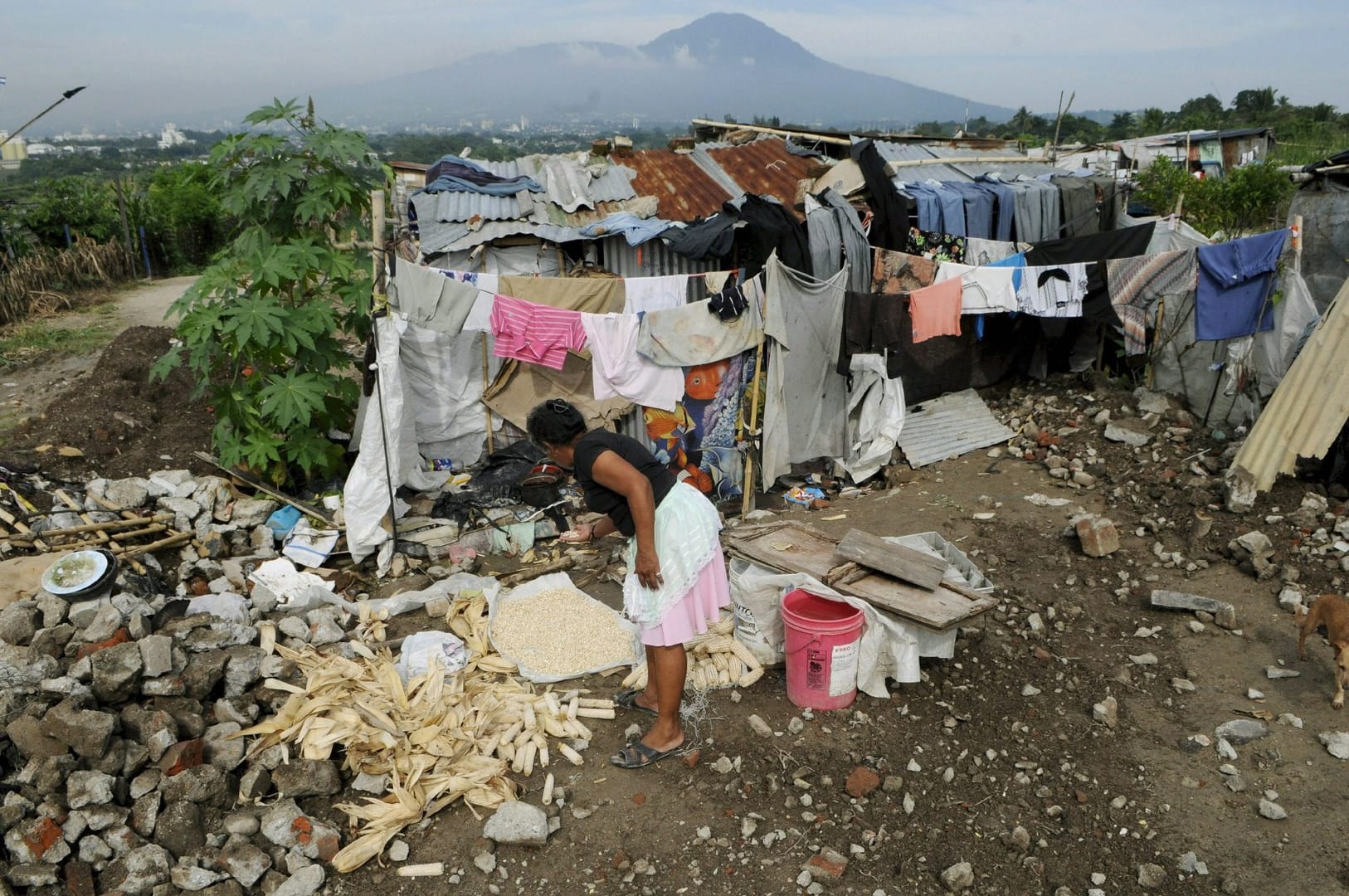Santino Diana (Biology, Philosophy ’26)
Through this project to produce menstrual underwear for women in rural El Salvador, I have had the opportunity to work with a community partner in Arcatao, El Salvador, FUDEM, along with fashion designers from various disciplines and well-known companies such as Johnson & Johnson. My team of undergraduate research fellows and I are currently fostering a partnership with Hanes, a clothing company which does business within the country, to assist with the product development. Through these partnerships, I have had the opportunity to advocate for the service that we provide as an Institute, and I am constantly met with surprised reactions when I explain the full extent of our work. Leading this project has not only enabled me to collaborate with a diverse range of partners, but it has also deepened my awareness of our Institute’s ability to overcome barriers to care and reach vulnerable communities.
Under the guidance of Fr. Clark in the Just Health Care in Developing Nations course, we gained an in-depth understanding of healthcare systems in developing countries and, more importantly, the disparities in access to essential resources. As part of this course, we also learned the extent to which medical mistrust affects these communities. For a service group or organization from a developed country to attempt to care for many of these populations, their approach must be genuine, rooted in trust, and focused on meeting them where they are rather than imposing their own culture on the community. The importance of trust in caring for diverse populations was something I hadn’t fully considered until this class, and I never expected to gain firsthand experience in building that trust until my final project unexpectedly became a real-world initiative.
In the early stages of planning, I drew on what I had learned in class and recognized that building a trusting relationship with the community was essential to improving women’s health. The Institute’s established relationship with FUDEM provided a valuable starting point for building trust. Through numerous meetings between our team and FUDEM, despite language barriers and long hours, we began to grasp the depth of the challenge we were taking on in this small international community. We learned that the limited supply of menstrual products leads women to save the materials they have for social occasions, there is a cultural stigma against menstrual materials that must be inserted, and many of them suffer from rashes due to improper hygiene. Furthermore, as we began to discuss our proposed product, our underwear prototype had a very “Americanized” style, and the community leaders told us it would not be well received within the community. I thought back to my time in class and what we had learned about meeting these communities where they are, and I knew that we needed to change our design to have a successful intervention. In addition, we have worked to source our materials from businesses familiar to the community, such as Hanes, to further ensure the product would be accepted.
As I continue to work to complete this project within the community, I cannot help but think about my goal of becoming a physician. Time and time again, I will be met with patients from diverse and vulnerable communities, many of whom may have a distrust of the medical system and different cultural values. However, my experiences through education and service in this project have shown me that through trust and by meeting communities where they are, I can overcome barriers to deliver quality care. These lessons will not only be vital to my success as a future physician but also as a person as I work to continue to serve others and uphold the Jesuit values that are at the heart of the Institute’s work.

